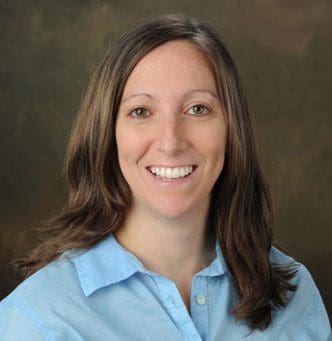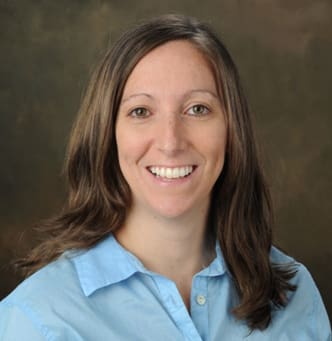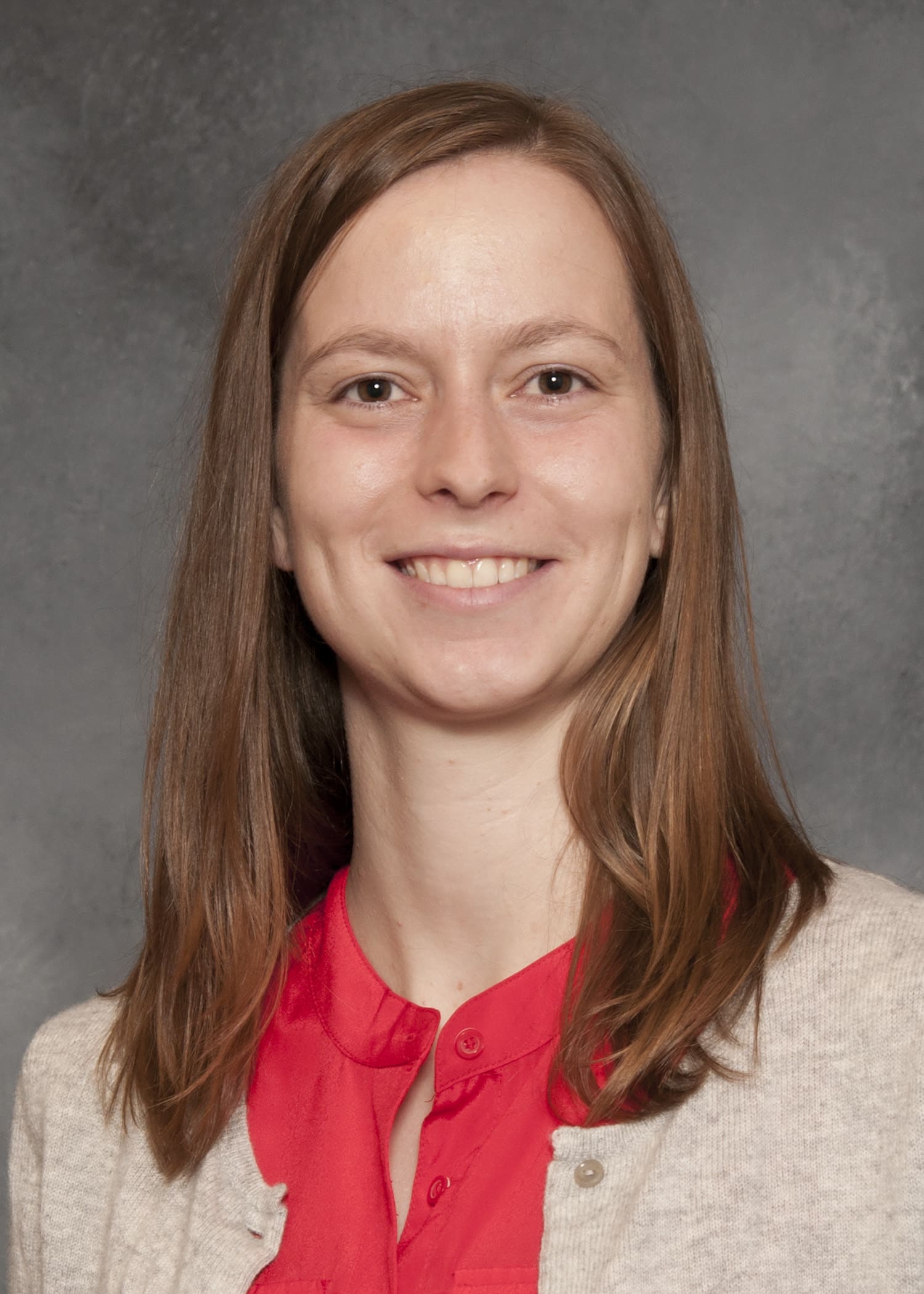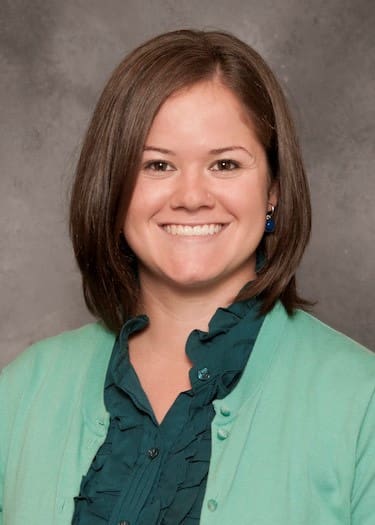
UNC and ECU medical graduates make an impact in rural healthcare
It takes a special kind of physician to practice healthcare in rural and underserved parts of North Carolina.
The pay isn’t on par with doctors in Charlotte or Raleigh; the offices may not have access to the latest technology; the newest medicines may be harder to obtain; and the physician often has to provide care in fields that a specialist in a larger city would usually provide.
The University of North Carolina School of Medicine and the East Carolina University Brody School of Medicine have put in programs – some recent, some long-standing – to encourage students to consider rural healthcare as a career option. Dr. Libby Baxley, the senior associate dean for Academic Affairs at the Brody School of Medicine, said ECU considers a number of factors when recruiting students willing to practice in rural and underserved areas, including a rural or minority background, second-language proficiency, community service and interest in concentrating on family medicine.
Dr. Robert Bashford, associate dean of the UNC School of Medicine and director of the Office of Rural Initiatives, encourages his graduates to become integrated into their communities, even suggesting involvement in local politics to contribute to these regions beyond healthcare.
Jessica Triche, Katy Sims, Brittany Papworth and Requita Demery are four doctors who have chosen, or plan to choose, to work in rural medicine.
Jessica Triche, Brody School of Medicine, ‘07
 Dr. Jessica Triche has been a veteran of rural healthcare since graduating Brody a decade ago. Growing up in Pender County in southeastern North Carolina, Triche saw first-hand how rural areas are underserved beyond healthcare.
Dr. Jessica Triche has been a veteran of rural healthcare since graduating Brody a decade ago. Growing up in Pender County in southeastern North Carolina, Triche saw first-hand how rural areas are underserved beyond healthcare.
“Growing up, there wasn’t even a Food Lion,” she said. “There was one stoplight. There was one, small-town doc. So, I was used to the small-town setting.”
After graduation, Triche had intended to go back to Pender County to practice, but during the intervening years, her town of Hampstead grew to be essentially a suburb of Wilmington.
“As time went on, Hampstead really built up,” she said. “The need for doctors went away. There are a ton of them there right now. So, I didn’t think it was the best place to come back to, but I knew I still wanted to practice rural medicine. I took some rural health classes. During my residency, we drove around eastern North Carolina to find a place my husband would tolerate that had some job openings.”
Triche works with ECU through Vidant Health, and the university sends her medical students which shadow her on the job. In addition, Triche will guest-lecture at ECU and meet with students to discuss her experiences of working in rural healthcare.
Triche serves some patients who have to drive more than hour to see her.
“Resources are a big challenge,” she said. “If you need to send someone to a specialist, it could be an hour away. Transportation in rural areas can be a barrier. We have one public-transport van in the county, so patients are often late to appointments. And finances are an issue – the county is poor, and patients often are under-insured or on Medicaid. So, if you’re treating someone, you have to factor in resources and finances.”
Triche said other barriers include different cultures – some families might be used to doing something a certain way even if their doctor tells them to do otherwise.
“A lot of people in small towns know each other, and you’ve got to build trust before they even listen to you,” she said. “We’re in a food desert, and education in this area is also difficult. The schools aren’t doing great, although they are getting better.”
Triche said the lack of resources and options for her patients can be frustrating and aggravating at times, but it also underscores the need for the services she provides. There are benefits to rural medicine, she said, such as getting to know her patients personally – something that might not happen at a large, urban practice.
“Sometimes, you have to do it all, and one of the reasons we get into family medicine is that we can do it all,” she said. “You’re never bored; there are always a wide range of cases that come in. So that’s a blessing.”
Katy Sims, UNC School of Medicine, ‘16
 Discussions about the challenges of rural healthcare are often centered on treating physical ailments, not mental ones. Katy Sims, a UNC School of Medicine graduate, just completed her first year of residency and plans to practice psychiatry in a rural county to help address the shortfall.
Discussions about the challenges of rural healthcare are often centered on treating physical ailments, not mental ones. Katy Sims, a UNC School of Medicine graduate, just completed her first year of residency and plans to practice psychiatry in a rural county to help address the shortfall.
Sims, who grew up in Carthage, earned a North Carolina Rural Scholarship in medical school and is a Kenan Fellowship winner, earning a stipend and housing to work a year in an underserved part of the state.
“All of my life, I lived in a rural area surrounded by tobacco fields,” she said. “It was a bit of a drive to get to a doctor. When I went to Davidson College as an undergrad, I actually got ill my first year and went home. It required pretty extensive treatment in the hospital, and it required us to drive an hour-and-a-half one-way to get life-saving treatment for me. That was the point where I thought rural medicine might be something I would want to do.”
Sims worked as an interpreter for Spanish-speaking populations in the area and noted a disparity in healthcare for them. Additionally, another group she discovered that was underserved in healthcare is the developmentally disabled people with whom she worked.
“It was pretty eye-opening, just realizing that these are people who have pretty frequent interactions with medical profession but can’t necessarily communicate with them, and are underserved,” she said. “It was something I really wanted to address.”
Sims thinks people are gradually becoming more aware of the need for mental health services in rural areas.
“North Carolina has a very strong need for psychiatrists,” she said. “Finding psychiatrists who will see patients with Medicare or Medicaid, and finding psychiatrists that patients can access in rural areas where there isn’t public transportation – those are challenges.”
For example, Sims noted that the drug Chlozapine, which is often the best treatment for schizophrenia, might not be available to patients in rural areas.
“There might not be enough physicians or pharmacists who can prescribe Chlozapine because of the amount of monitoring it needs,” she said. “So, patients are not being treated or not treated with the best medicine because of where they live and limited resources.”
Sims believes that while people understand the lack of resources in underserved communities, they often don’t grasp the implications of a patient having to wait months to seek counseling.
When she finishes her residency, Sims said she hopes to work in the mountains of North Carolina, as well as with Spanish-speaking communities.
“I really enjoyed my time working with Latino communities and provide those services in a more rural area,” she said.
Brittany Papworth, UNC School of Medicine, ‘16
 Unlike doctors who lived in rural areas before medical school, Brittany Papworth grew up in the suburbs of Chicago. When she entered the UNC School of Medicine, she didn’t go in with the mindset of working in a rural community.
Unlike doctors who lived in rural areas before medical school, Brittany Papworth grew up in the suburbs of Chicago. When she entered the UNC School of Medicine, she didn’t go in with the mindset of working in a rural community.
Papworth attended UNC-Chapel Hill as an undergrad, majoring in environmental health. She worked on a water chemistry project at the Neuse River, where she first learned about the rural health issues in North Carolina.
“After that, I really wanted to do rural medicine,” she said. “In medical school, once I was introduced to the North Carolina Rural Scholars program, we spent a summer in western North Carolina and I loved being in the mountains.”
Papworth is completing her residency as an OB-GYN, and has become acutely aware of the need for that specialty in underserved areas.
“Two of the rural hospitals in western North Carolina – the hospitals I was lucky enough to rotate in – are closing their labor and delivery wards,” she said. “It’s really disconcerting that it’s happening. I’m worried about my ability to practice in rural western North Carolina because now the number of those wards is falling. So that’s one of my challenges – is there going to be a hospital that can sustain an OB-GYN?”
Papworth said that most expectant mothers in those areas obtain care at clinics once a week, then travel to a hospital much further away for delivery. Papworth is focusing on advocacy work with other Rural Scholars to bring these issues to the attention of lawmakers.
“Advocacy is something I never thought I’d get involved in, and it’s something I don’t want to be involved in,” she said. “But now I’m realizing it’s a huge part of what rural doctors do.”
Requita Demery, Brody School of Medicine, ‘17
 Requita Demery had access to good healthcare growing up in Greenville, but her parents weren’t so fortunate. They grew up in Halifax County, where there were few physicians at the time. In addition, her late grandmother lived with the family while Demery was in high school to be closer to medical treatment.
Requita Demery had access to good healthcare growing up in Greenville, but her parents weren’t so fortunate. They grew up in Halifax County, where there were few physicians at the time. In addition, her late grandmother lived with the family while Demery was in high school to be closer to medical treatment.
“They’re in dire need of healthcare,” she said.
Demery, who attended ECU as an undergraduate before getting a master’s degree in physiology from North Carolina State University, returned to ECU to attend Brody and earned her degree in psychiatry. Rather than have patients commute to see her, Demery said she’s considering commuting to the patients – living in a larger city but establishing her practice in a rural area.
Because the underserved areas are so sparse, Demery said it’s difficult for patients to get access to what they need. Often, lack of proper treatment for mental illness leads to physical illnesses or job loss. Demery wants to focus her career on child and adolescent psychiatry.
With her memories of the lack of healthcare options her grandmother faced, as well as the way Brody encourages its students to consider rural medicine, Demery ultimately chose to follow that path. She noted that she worked in rural areas during her first three years at Brody.
“I thought it was a really great experience that solidified what I thought about the need for more doctors in rural areas, because the clinics were swamped all the time,” she said. “Just seeing other Brody grads come back and talk about their experiences in underserved areas was also very inspiring.”